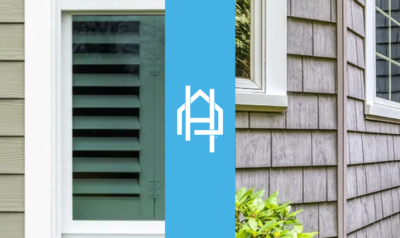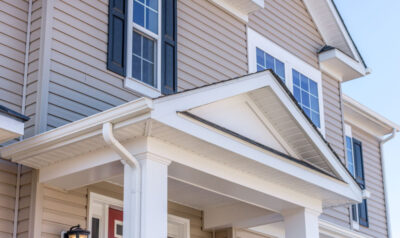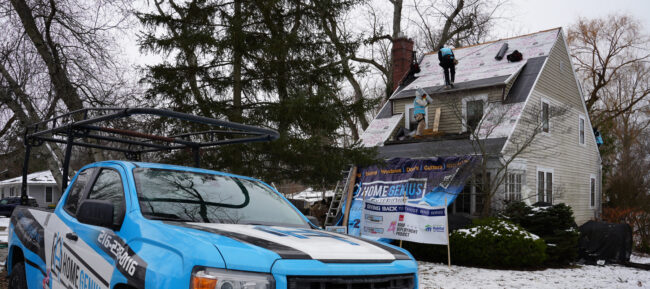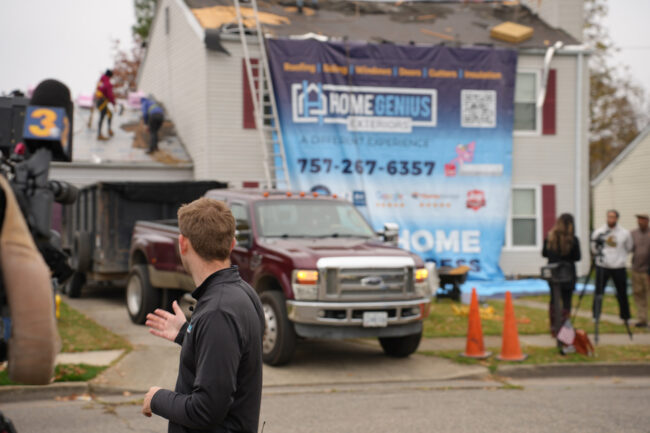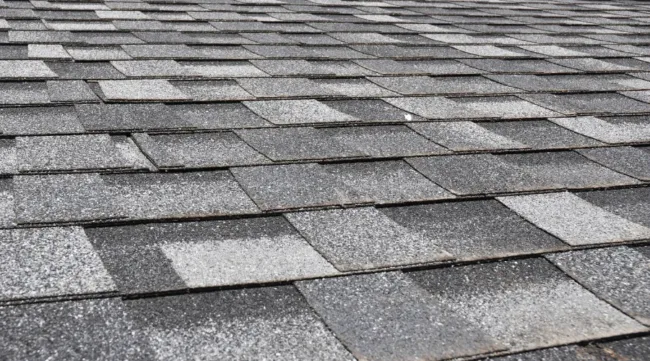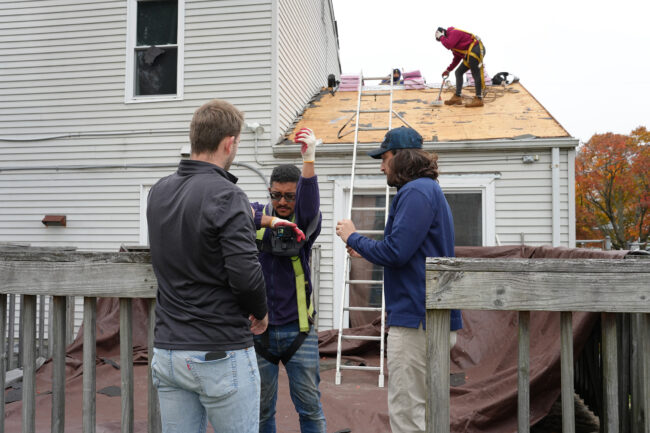Do You Need A Permit To Replace Siding In Pittsburgh?
Yes, you need a permit to replace siding in Pittsburgh.
According to Pennsylvania’s Uniform Construction Code (UCC), siding replacement is not considered an “ordinary repair” and therefore necessitates a permit. Whether you are installing vinyl, aluminum, or another type of siding, obtaining the proper permit is essential to ensure compliance with local building regulations.
Understanding the permitting process and requirements for siding replacement can help homeowners and contractors navigate the system efficiently. Below, we provide a comprehensive guide on how to obtain a siding replacement permit in Pittsburgh, along with useful tips to ensure a smooth approval process.
Why Do You Need a Permit for Siding Replacement?
Siding replacement involves significant alterations to a building’s exterior. Unlike minor repairs, such as patching small sections of existing siding, a full replacement affects the structural integrity and weatherproofing of a building. The Uniform Construction Code (UCC) classifies siding replacement as a regulated activity, requiring a permit to ensure proper installation and adherence to safety standards.
Moreover, a permit helps city officials enforce zoning laws, building codes, and fire safety regulations. Obtaining a permit also protects property owners from potential legal issues and financial penalties associated with unauthorized construction work.
The Role of Pittsburgh’s Department of Permits, Licenses, and Inspections (PLI)
The Pittsburgh Department of Permits, Licenses, and Inspections (PLI) is responsible for overseeing construction activities, including siding replacement projects. Their primary role is to enforce building codes, zoning regulations, and safety standards to ensure all exterior modifications meet the city’s legal requirements.
PLI handles:
- Reviewing permit applications for compliance with the Uniform Construction Code (UCC).
- Ensuring that siding materials and installation methods align with safety and fire resistance standards.
- Conducting inspections during and after the siding replacement to verify adherence to approved plans.
- Enforcing zoning laws, particularly for properties in historic districts or environmentally sensitive areas.
Before beginning any siding replacement project, homeowners should consult with PLI to confirm specific permit requirements and avoid compliance issues.
Steps to Obtain a Siding Replacement Permit in Pittsburgh
The process for obtaining a permit to replace siding in Pittsburgh involves several key steps. To ensure compliance, follow these guidelines:
1. Preliminary Planning
Before starting your siding replacement project, consult with the Pittsburgh Department of Permits, Licenses, and Inspections (PLI). They can provide detailed information on specific requirements, fees, and any additional permits that may be necessary based on your location and project scope.
It’s also a good idea to research zoning regulations in your area. If your property is located in a historic district, additional approvals may be required from the Historic Review Commission.
2. Prepare Your Application
Gather the necessary documents for your permit application, including:
- A completed permit application form.
- Detailed plans and specifications of the siding replacement project.
- Information on the type of siding material being used.
- Contractor details, if applicable.
Ensuring that all required documents are properly prepared can help avoid delays in the approval process.
3. Submit Your Application
To apply for a siding replacement permit, submit your application to the PLI along with the required documentation and permit fees. The specific permit you’ll need is the Uniform Construction Code (UCC) Alterations Level 1 Permit, which covers siding replacement projects.
Applications can often be submitted online through the city’s permitting portal or in person at the PLI office.
4. Zoning Approval
Once submitted, your application will first go through the Zoning Department to ensure compliance with Pittsburgh’s zoning code. Zoning laws regulate land use, ensuring that proposed construction aligns with the city’s planning and development goals.
If your property is subject to additional zoning restrictions (such as those in historic districts or flood-prone areas), this step may take longer, as additional approvals may be required.
5. Permit Review by the PLI
After obtaining zoning approval, the PLI will review your application to confirm compliance with building codes, safety regulations, and environmental considerations. This review process ensures that the proposed siding replacement meets structural integrity and fire resistance requirements.
Depending on the complexity of the project, the review process may take several days to weeks. During this stage, city officials may request additional documentation or revisions to the application.
6. Additional Approvals (If Required)
Certain properties may require further approvals before the permit is issued. This includes:
- Historic Review: If your property is located in a designated historic district, approval from the Historic Review Commission may be necessary.
- Environmental Permits: Some properties in environmentally sensitive areas may require additional clearances.
- Special Construction Permits: If the siding replacement involves structural modifications, additional building permits may be required.
7. Permit Issuance
Once all approvals are obtained, the PLI will issue your permit. The permit will include important details, such as:
- Approved project scope.
- Expiration date of the permit.
- Inspection requirements.
It’s crucial to keep a copy of the permit on-site throughout the duration of the project.
8. Scheduling Inspections
After obtaining the permit, you must schedule inspections at various stages of the project to ensure compliance with approved plans and building codes. Typically, inspections are required:
- During the installation process.
- Upon project completion.
Failure to schedule required inspections may result in penalties, delays, or even the need to redo work that does not meet code standards.
Common Challenges and How to Overcome Them
While obtaining a siding replacement permit in Pittsburgh is a straightforward process, some common challenges can arise:
1. Permit Delays
- Delays can occur if application documents are incomplete or if additional approvals are needed.
- Solution: Double-check your application and consult with PLI representatives before submission to ensure you have all required paperwork.
2. Historic District Restrictions
- Properties in historic districts require additional approvals, which can extend the permit process.
- Solution: Contact the Historic Review Commission early in your planning to determine acceptable siding materials and installation methods.
3. Unlicensed Contractors
- Hiring an unlicensed contractor can result in permit denials or legal issues.
- Solution: Always verify that your contractor is licensed and experienced in handling siding replacement permits.
Do Minor Siding Repairs Require a Permit?
Not all siding projects require a permit. Minor repairs, such as replacing a few damaged panels or making small touch-ups, may not require approval. However, full siding replacement always requires a permit.
To avoid potential fines or stop-work orders, it’s best to verify with the PLI whether your project requires a permit before beginning work.
Will My Siding Company Pull Permits For Me?
At Home Genius, we understand that navigating the permit process for siding replacement can be overwhelming. While homeowners can apply for permits on their own, working with a licensed contractor simplifies the process and ensures everything is handled correctly. Our expert team takes care of permit applications on your behalf, ensuring that all necessary documentation is properly submitted and that your project complies with local regulations.
Why Choose Home Genius?
- Faster Permit Approvals – Our team knows the permitting process inside and out, helping you avoid delays.
- Code-Compliant Installation – We ensure that your siding replacement meets all building codes and safety standards.
- Hassle-Free Process – Avoid costly mistakes, project delays, or fines by letting us handle the paperwork and inspections.
With Home Genius, you can enjoy a smooth, stress-free siding replacement experience. Contact us today to get started!
Conclusion
Replacing siding in Pittsburgh requires a permit to ensure compliance with Pennsylvania’s Uniform Construction Code and local building regulations. By understanding the permit process and working with the appropriate city departments, homeowners and contractors can complete their projects smoothly and avoid potential legal complications.
Before beginning your siding replacement project, always check with Pittsburgh’s Department of Permits, Licenses, and Inspections to confirm permit requirements and zoning regulations. Proper planning, thorough documentation, and adherence to the approval process will help ensure a hassle-free siding replacement experience.
